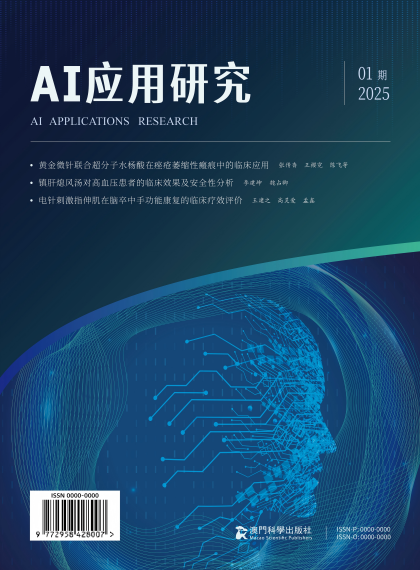摘要:
随着信息技术的迅猛发展,云存储系统作为大数据时代的重要支撑,其可靠性与可扩展性成为研究热点。云存储系统不仅提供了高效、灵活的存储解决方案,还面临着海量数据处理、高并发访问等挑战。本文深入探讨了云存储系统的基本架构、工作原理,重点分析了影响其可靠性与可扩展性的关键因素,并提出了相应的优化策略。通过对比传统存储系统与云存储系统的差异,揭示了云存储系统在数据处理、存储管理、容错机制等方面的优势与挑战。进一步,本文研究了云存储系统中数据冗余、数据一致性、负载均衡等关键技术,以及如何通过这些技术提高系统的可靠性与可扩展性。最后,结合实际案例,对云存储系统的应用前景进行了展望,为云存储系统的进一步优化与发展提供了理论参考与实践指导。
关键词: 云存储系统;可靠性;可扩展性;数据冗余;数据一致性;负载均衡
Abstract:
With the rapid development of information technology, cloud storage systems have become a significant support in the era of big data, and their reliability and scalability have become research hotspots. Cloud storage systems not only provide efficient and flexible storage solutions but also face challenges such as massive data processing and high concurrent access. This paper deeply explores the basic architecture and working principles of cloud storage systems, focusing on the analysis of key factors affecting their reliability and scalability, and proposes corresponding optimization strategies. By comparing the differences between traditional storage systems and cloud storage systems, it reveals the advantages and challenges of cloud storage systems in data processing, storage management, fault tolerance mechanisms, and other aspects. Furthermore, this paper investigates critical technologies such as data redundancy, data consistency, and load balancing in cloud storage systems, and how these technologies can be used to improve system reliability and scalability. Finally, combined with practical cases, the application prospects of cloud storage systems are discussed, providing theoretical references and practical guidance for the further optimization and development of cloud storage systems.
Keywords: Cloud storage systems; Reliability; Scalability; Data redundancy; Data consistency; Load balancing
--
